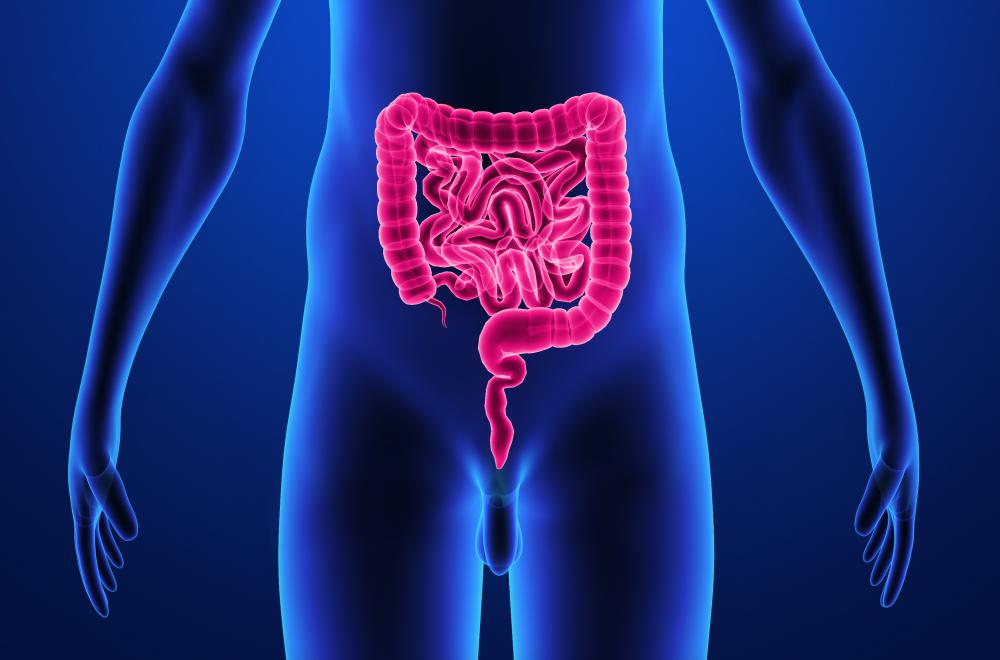At WiseGEEK, we're committed to delivering accurate, trustworthy information. Our expert-authored content is rigorously fact-checked and sourced from credible authorities. Discover how we uphold the highest standards in providing you with reliable knowledge.
What is Hunter Syndrome?
Hunter syndrome is a very rare and difficult disorder that is part of a series of metabolic diseases called mucopolysachcaridosis, or MPS. It may be also called MPS II and there are two types of Hunter syndrome called MPS IIa and IIb. In this condition the body lacks an enzyme called iduronate-2-sulfatase, which helps break down certain substances called glycosaminoglycans. As glycosaminoglycans begin to stock up in the body they cause substantial bodily changes, affecting many of the body’s systems. This disease is also an inherited one, passed by mothers who carry a recessive gene for it to children, and it is thus named an X-linked recessive illness.
The two types of Hunter syndrome will differ in symptoms and onset. MPS IIa is more severe and symptoms may be noticed when children are between the ages of two and four. MPS IIa is devastating, and few people who have this disease live past young adulthood. It is also difficult for parents to watch children that previously seemed fine lose all developmental gains they made.

Symptoms of MPS IIa include a gradual loss in developmental gains ultimately leading to severe mental retardation. Children may have lesions on their skin, usually on the arms or back, and they frequently show enlarged organs. They have significant differences in the way their bones grow and may be much shorter in stature.
One complication of the illness is enlargement of the heart, which may necessitate surgery. Given eventual outcome of the illness, some parents do not opt for surgery. Ultimately, MPS IIa may cause hearing loss and vision loss, and children with this disease are also commonly afflicted by intestinal problems like diarrhea. Sleep apnea is another issue that can affect many kids with Hunter syndrome.

MPS IIb is less severe and symptoms may be missed until a person is in their late teens, though diagnosis usually occurs when kids are ten or older. People can live well into middle age with this disease and in most ways they are similar in intelligence to a person without the syndrome, though they may have some difficulties with talking and reading. There are troubles with bone growth, short stature, and peripheral vision, and there can be some loss of hearing. Both IIa and IIb may additionally show coarsening of the bones in the face, which can change features. Like people with IIa, people with IIb suffer from diarrhea and sleep apnea.

There is presently no cure for Hunter syndrome though it is hoped that eventually cure may found through genetic research or in some other medical development. Treatment of the syndrome will very much depend on expression of symptoms and can be a complex matter, requiring the skills of a number of specialists. For now, it is better to attempt to prevent this condition by determining whether a person is at risk for having a child with Hunter syndrome. There is a test to determine if a woman carries the recessive gene for MPSII. Those who should get tested include anyone who has had Hunter syndrome occur in their family, even if it occurred in a fairly distant family member or several generations ago.
AS FEATURED ON:
AS FEATURED ON:















Discuss this Article
Post your comments